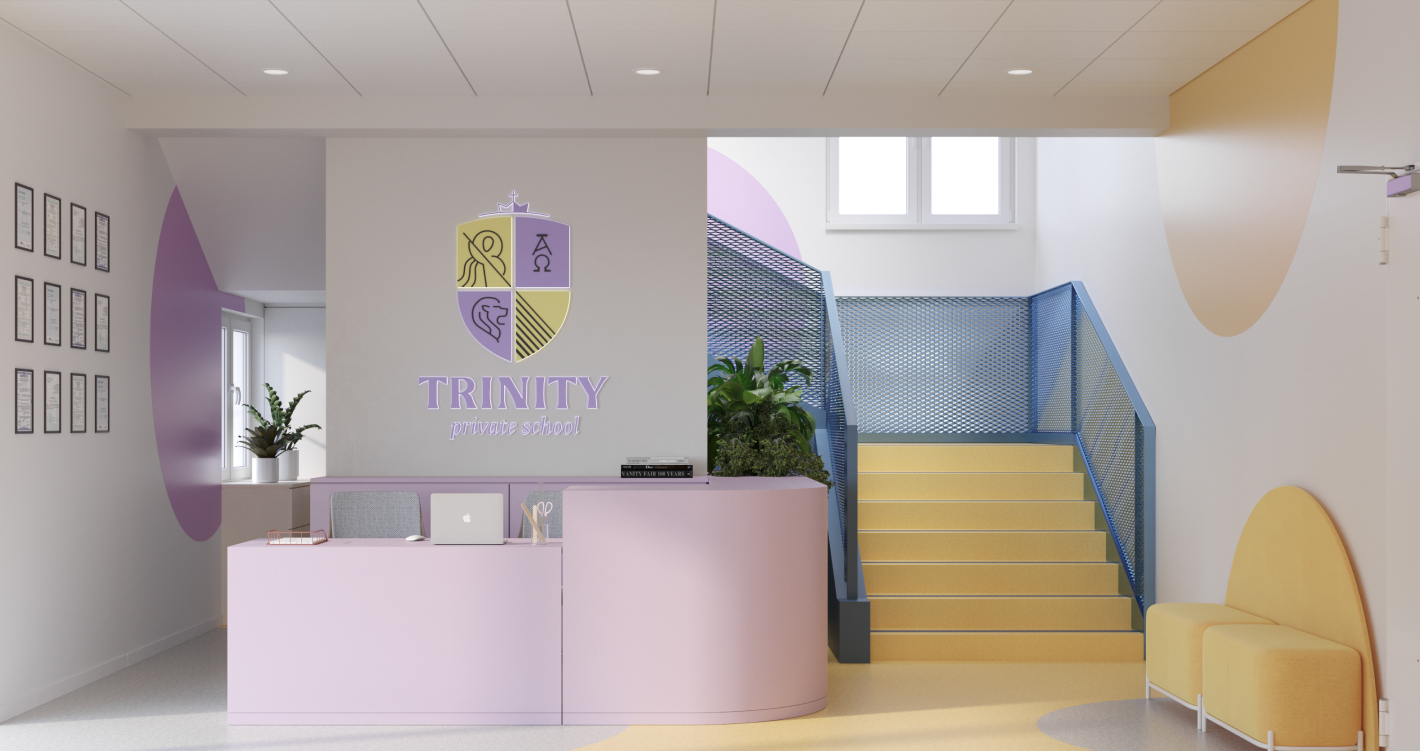

In bilingual schools, the educational programme is delivered in two distinct languages. English is most often offered as the second language, but it is also possible to choose a different foreign language. The bilingual education system is the best preparation for studying in the world's best universities and building a successful career. To find out more about the advantages and specifics of this type of education, keep reading.
Every private bilingual school offers a unique education program. The core principle, however, stays the same: students use their chosen foreign language together with their native one. Therefore, language acquisition and development becomes highly effective, as the lessons are not restricted to only study of grammar or listening comprehension.
The programme is constructed in a way that teaches children to use their second language in a wide range of situations. Such an approach turns foreign languages from a goal into a tool for learning. Maths, IT, biology, literature, chemistry, and other school subjects can be taught in the second language.
However, it is important not to confuse bilingual schools with schools specializing in foreign languages. Of course, there are similarities, but bilingual schools do not simply teach a foreign language; they allow students to use it during other lessons and to become truly multilingual. Schools specializing in foreign languages offer two or three lessons a day, which really helps with the level of fluency. Education in two or more languages immerses students into the languages, which guarantees fluent and organic speech.
There are many advantages to bilingual education. Here are the key ones:
Please note that English is not the only language available in bilingual schools. Contact the school to find out more about their options.
Bilingual education is the best option for those planning to study in universities abroad. Apart from becoming fluent in their chosen language, graduates of bilingual schools expand their horizons and develop their creative thinking. It is an effective method of forming empathy and respect towards other cultures. A child brought up multilingually will not need additional guidance to express their opinion, make difficult decisions, and try new things. They generally find it easier to adapt in foreign schools and pass entrance exams. In addition, a bilingual child feels more comfortable with scientific terminology (physics, IT, chemistry).
A bilingual school is an excellent investment in your child’s future. They will have many more paths to realise their potential and succeed professionally.
Arrange an interview at Trinity to get more information about possible education options. You can find out about the programme for yourself and choose what is best for your child with the guidance of professional educators.
Come with your child for an interview at Trinity School to learn more about all of the school options available. You will be able to learn about the program, and choose the best format for your child.
Enrollment at school takes place after introductory conversations with students and parents. Book a meeting to learn more about Trinity Private School and discuss the most important thing - the future of your child.
Text our consultant in Telegram